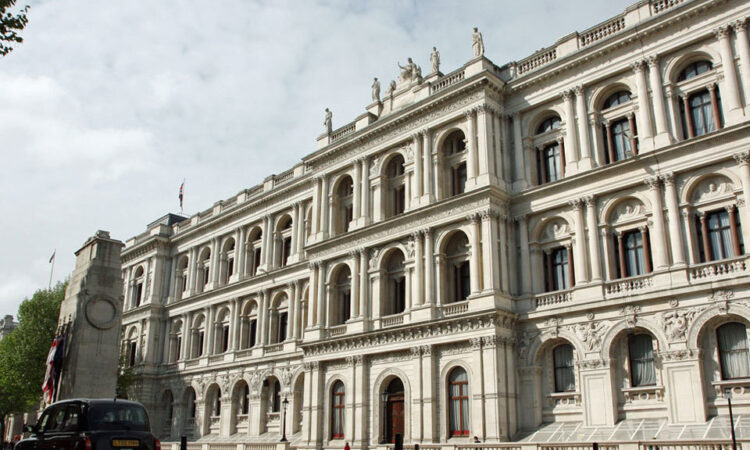
- New multi-million programme to support green cities and develop resilient infrastructure in lower income countries.
- Expertise and technical support from across UK government will encourage innovation and sustainable economic growth.
- Zambia, Tanzania, and Bangladesh among the many countries to benefit.
A new £48 million programme to improve infrastructure in lower income countries has been set out by Minister of State for Development and Africa Andrew Mitchell at the Global Gateway Forum in Brussels today (Wednesday 25 October).
Drawing on expertise from across the UK government and the private sector, the £48 million Green Cities and Infrastructure Programme (GCIP) will deliver low-carbon, climate-resilient infrastructure, and support cities in lower income countries to become hubs of innovation while bolstering sustainable economic growth.
Examples include:
- In Zambia, working alongside the US and EU, the programme will provide technical support to reduce the transportation costs of goods through the Lobito Corridor to Angola and create new development opportunities, for example by supporting infrastructure for processing raw materials, including food.
- In Tanzania, it will improve waste management in Dar Es Salaam and support the city to become more resilient to climate shocks.
- In Bangladesh, it will improve traffic management and reduce pollution across major cities, informed by expertise from Transport for London.
Andrew Mitchell, Minister for Development and Africa at the Foreign, Commonwealth and Development Office (FCDO), said:
By making the UK’s expertise more accessible, the Green Cities and Infrastructure Programme will help lower income countries close their infrastructure gaps, creating climate resilience, supporting sustainable growth, and reducing poverty. The impact will be transformative.
The £48 million investment is part of the UK’s contribution to the G7’s Partnership for Global Infrastructure and Investment (PGII) – a collective commitment to mobilise up to $600 billion (ca. £495 billion) by the end of 2027 to help narrow the infrastructure and investment gap in lower income countries.
Delivery of the GCIP will be through the FCDO’s Centre of Expertise in Green Cities and Infrastructure, which provides coordinated UK support for better urban planning and climate-resilient infrastructure projects.
It will work closely with British Investment Partnerships (BIP), which brings together all the UK government’s development and investment offer, including development finance, export finance, capital market mobilisation, and UK technical expertise.
This announcement comes as the UK prepares to host the UK-African Investment Summit next year, forming part of wider plans to strengthen UK-African partnerships to create jobs and stimulate growth.
Notes to Editors
- The Global Gateway Forum brings together representatives of governments from the European Union and from around the world with the private sector, civil society, leading thinkers, financing institutions, and international organisations in a two-day event in Brussels on 25 and 26 October 2023.
- The Partnership for Global Infrastructure and Investment was agreed at the Carbis Bay Summit in June 2021 to narrow the infrastructure investment gap in low- and middle-income countries. The Prime Minister confirmed in May that the UK would aim to mobilise $40 billion in financing for sustainable infrastructure investment and economic development by the end of 2027.
- British Investment Partnerships was launched as part of the UK’s International Development Strategy, published in May 2022, to deliver honest and reliable investment, building on the UK’s financial expertise and the strengths of the City of London, and supporting partner countries to grow their economies sustainably.
- The UK will host the UK-African Investment Summit in London on 23-24 April 2024, bringing together heads of state and government from 25 African countries with British and African business leaders. It aims to strengthen UK-African partnerships to create jobs and growth; support British and African talent in sectors such as finance and technology; and promote women entrepreneurs.






